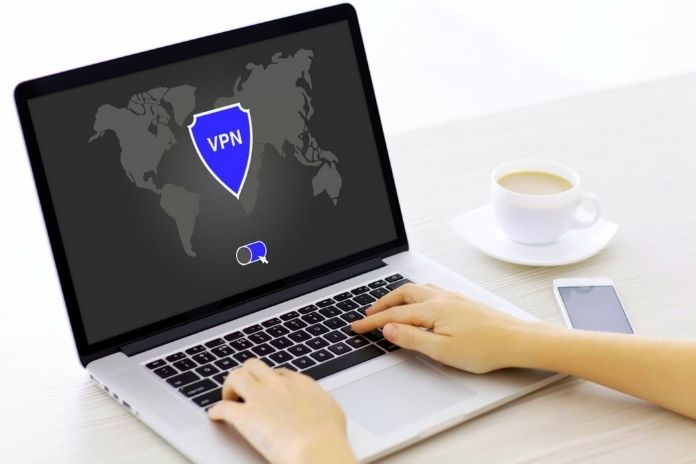VPNs, also known as virtual private networks, are used to access the Internet for various reasons. The list goes on from anonymity to content browsing to security and access to entertainment content. But VPNs haven’t always been used that much.
The first VPNs were deployed in the 1990s. At that time, however, it was still business software. It wasn’t until the 2010s that the service came into the public spotlight and started to take hold. At the time of writing, one in three computer users uses a VPN. That’s a staggering number for a relatively new service. But that’s no wonder – downloading a VPN has many advantages.
Here are a few reasons why VPNs are so popular among computer users.
Privacy
Although your data connection and your WLAN are more secure than the public network, it does not entirely protect against malicious data collectors on the Internet. Your data is vulnerable and easily accessed. For example, Internet Service Providers ( ISP ) can easily access your online data. They can track what you’re looking for when you’re online and track your online habits. This data is often sold to advertisers to provide you with targeted advertising. With a VPN, you can hide your activities on the Internet.
Data Encryption
But VPNs do more than hiding data from ISPs. They also encrypt data. That is, they encrypt your online activities so that no one else can read them. This keeps your data safe and confidential. For example, for field workers, this means they can connect to their work networks from anywhere in the world and access sensitive content without fear of security breaches or malware.
Better Prices
You may have noticed that prices vary by region. This is not a mistake. Businesses, especially airlines and subscription brands, typically charge different fees for the same products or services. With a VPN, you can move your location to places with cheaper tariffs and save big on your purchases.
Reachability
VPNs also allow you to access restricted or unavailable content in your location. This feature is handy for streaming sites like Netflix and other subscription services. Although the so-called geo-blocking has now been softened a little within the EU, there are still too many restrictions on streaming. Also, it is perfectly legal to use such VPNs. Even though the service won’t appreciate your intelligence, you’re not breaking the law—a creative way around internet restrictions.
Data Protection In Apps
ISPs aren’t the only potential data breach you could have in your home. Many Internet services and apps that we use every day have recently fallen into disrepute for collecting and using user data. A VPN prevents these websites and applications from monitoring your IP address and analyzing your online activity. It also reduces the amount of data to your browser and location history.
Security In Public Networks
As convenient as a public network may be, it also brings security concerns. At the other end of a public WiFi network, someone could be tapping into your online data without your knowledge. VPNs protect you from data breaches, hiding valuable passwords, banking details, and personal information from malicious trackers.

